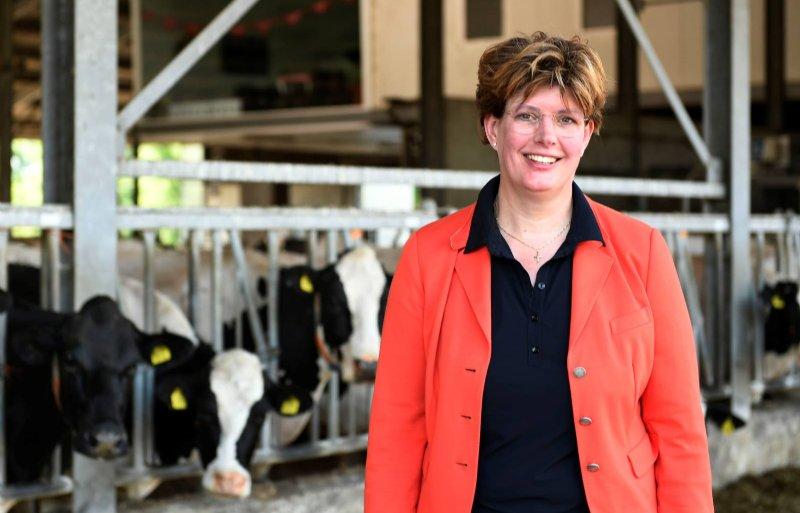The Dutch agriculture and horticulture sector is facing an unprecedented transition. According to the Rabobank, this transition will only succeed if farmers and horticulturalists start using more data to demonstrate that they are working more sustainably.
'Simply saying that you are going to achieve goals is not enough. We need data to show that we are, for example, reducing nitrogen emissions, using water more carefully, sequestering CO2, and so on'. Carin van Huët, Director Food & Agri Netherlands Rabobank, mentions some of the important current challenges that affect the way agricultural entrepreneurs work.
However those challenges are laid down in policy and regulations, the effect will increasingly be measured on the basis of data. 'With that, it may seem like you need data mainly for the government. But data also helps you as an entrepreneur to make better decisions. Or to realize innovations on your farm.'
Van Huët sees that in practice agricultural entrepreneurs are already responding to the new opportunities that data offer. But not everyone sees the possibilities yet. I think you have to make a conscious choice as an entrepreneur whether you go along with this development. Because if you don't, it will become increasingly difficult to keep your business afloat.'
This article was created by knowledge partner JoinData. For more information, visit JoinData - The Future of Smart Farming.
